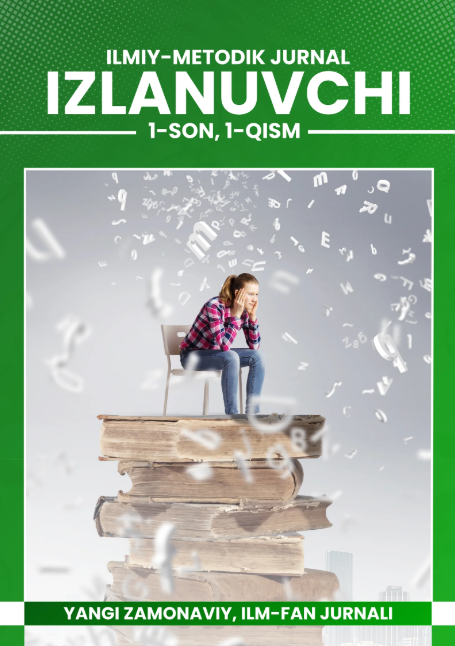Abstract
This article analyzes the role of the English language in the tourism industry. English is currently accepted as the global communication language and serves as the primary means of communication between tourists and service providers in the tourism sector. The article discusses the importance of English in international travel, online platforms, hotels, and other tourism services, as well as its role in facilitating cross-cultural communication. The English language makes travel easier, helps tourists access necessary information, and contributes significantly to the development of global tourism. The article provides a comprehensive examination of the role of English in travel and the tourism industry, and how it facilitates easier travel on a global scale.
References
1. Crystal, D. (2003). English as a Global Language. Cambridge University Press.
2. Graddol, D. (2006). English Next: Why Global English May Mean the End of 'English as a Foreign Language'. British Council.
3. Jenkins, J. (2003). World Englishes: A Resource Book for Students. Routledge.
4. Phillipson, R. (1992). Linguistic Imperialism. Oxford University Press.
5. Kelly, M. (2008). The Role of English in International Tourism: A Look at Its Status and Effectiveness in Communication. Tourism Management, 29(4), 788-795.
6. Gass, S. M., & Selinker, L. (2008). Second Language Acquisition: An Introductory Course. Routledge.
7. Kachru, B. B., & Nelson, C. L. (2006). World Englishes. Wiley-Blackwell.
8. Seargeant, P. (2012). The Idea of English in Japan: Ideology and the Role of English in Japanese Society. Palgrave Macmillan.
9. MacMillan, M. (2011). The English Language and Globalization: The Role of English in Tourism. Global Tourism Perspectives, 6(2), 55-63.
10. Jenkins, J. (2015). Global Englishes: A Resource Book for Students. Routledge.
11. Cook, V. (2003). Introducing Applied Linguistics. Oxford University Press.
12. Hudson, R. (2000). Sociolinguistics. Cambridge University Press.
